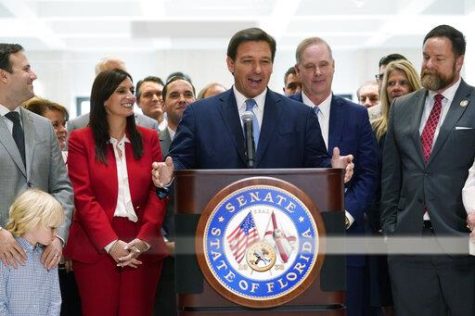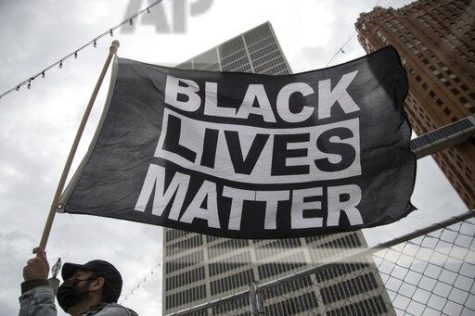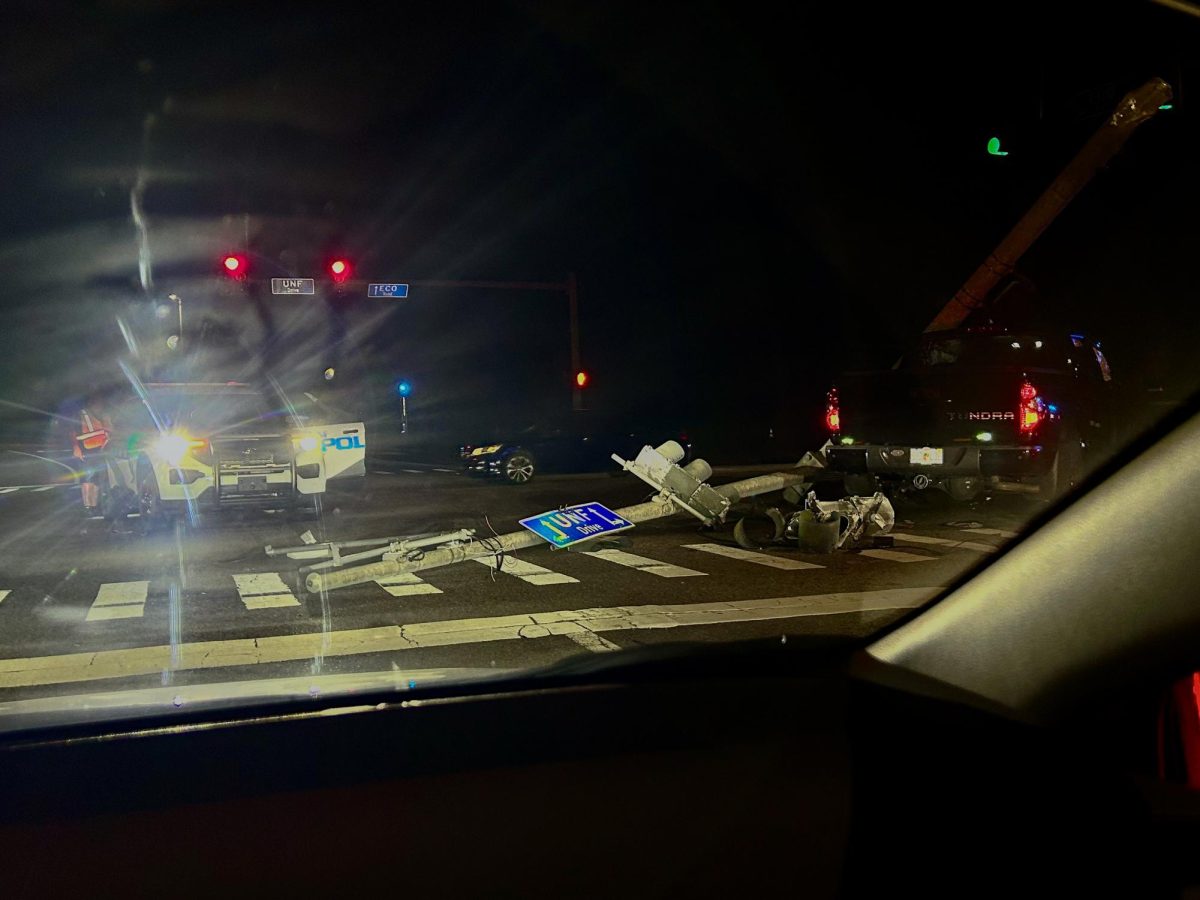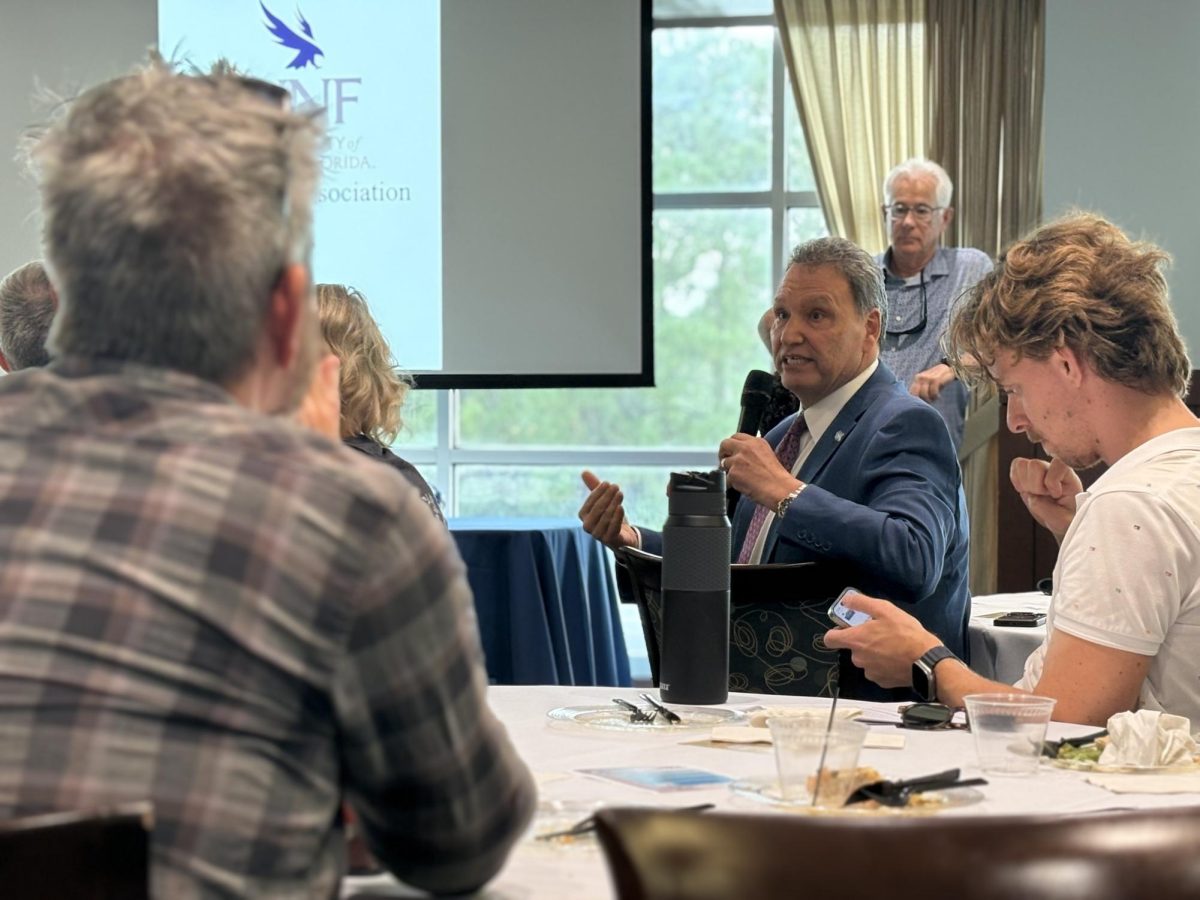Last winter, Spinnaker covered a story of how Florida Governor Ron Desantis had introduced a controversial bill aimed at curbing mob violence in response to the nationwide protests last summer after the police murder of African-American George Floyd in Minneapolis. This bill creates harsher penalties for arrests made in times of protest, among other provisions.

Now, months later, Desantis signed the controversial legislation into law at the end of April. Spinnaker spoke with UNF Political Professor Sean Freeder to get some professional analysis of the new law and its implications.
Freeder was pessimistic about the law remaining unchallenged.
“I would be shocked if at some point, the Supreme Court does not weigh in.”
He explained how the law, and its many provisions, were full of separate and interconnected issues. He found much of the wording to be what he called, “unconstitutionally vague.” He expects this to the main argument brought to court against the new bill.

One of the main criticisms of the new law is that it violates the Constitutional freedoms of Speech and Assembly. In regards to this criticism, Freeder believes that it could just as easily be perfectly in line with the Constitution as easily infringing upon it. He again attributes this to the vagueness of the law itself.
The bill has frequently been criticized by the left as being a purely partisan bill on the right, with its main intention being further criminalizing Black Lives Matter protests. While Freeder did acknowledge that might be the case, he also pointed out a fair point how this law could also be used to further criminalize protests more aligned with the political right, such as the pro-life and white supremacy movements.
Time will tell what the nascent law might have in store for Florida and UNF students in particular. More details about the new law can be found here.
_____
For more information or news tips, or if you see an error in this story or have any compliments or concerns, contact editor@unfspinnaker.com.
















